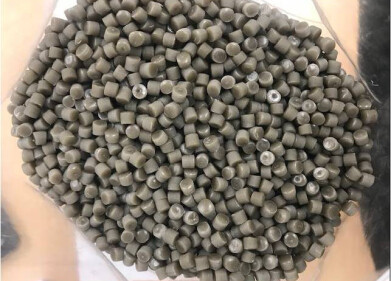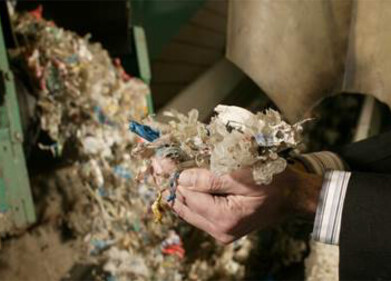Waste Management
Global Municipal Solid Waste Continues to Grow
Aug 06 2012
Increasing prosperity and urbanisation could double the annual municipal solid waste (MSW) by 2025 according to new research from Worldwatch Institute (USA). Doubling of current waste would take totals from 1.3 billion tonnes to 2.6 billion tonnes per year, even though some waste is recycled.
MSW can consist of any materials collected by municipal waste authorities such as paper and plastic. MSW is part of a much larger category of waste and does not include such things as sewage or industrial waste.
Wealthier countries and regions around the world tend to create more MSW. Members of the Organisation for Economic Co-operation and Development (OECD), a group of 34 industrialized nations, lead the world in MSW generation, at nearly 1.6 million tons per day. By contrast, sub-Saharan Africa produces less than one eighth as much, some 200 million tons per day.
In contrast to this however, the top 10 MSW countries includes four "developing" nations; Brazil, China, India and Mexico. This has been put down to the size of their cities and populations, and also down to the inhabitants of their cities are prospering and living a "developed country lifestyle". Although the United States leads the world in MSW output at some 621,000 tonnes per day, China is a relatively close second, at some 521,000 tonnes.
"Urbanisation and income levels also tend to determine the type of waste generated," said Gardner. "The share of inorganic materials in the waste stream, including plastics, paper, and aluminum, tends to increase as people grow wealthier and move to cities."
Around a quarter of the worlds waste is converted in recycling, composting or digestion. These options are by a long way far more environmentally friendly than landfills and incinerators. Growth in the recycle markets vary greatly, the US recycled share of MSW grew from under 10% to over 30% in 2010. Similar increases have been experienced elsewhere, especially industrial countries.
This growth has arisen by various regulations and markets for post-consumer materials. For example the scrap metal and paper industry is thought to be worth around $30 billion per year according to the World Bank. The UN Environment Programme (UNEP) estimates the market for waste management, from collection through recycling, to be some $400 billion worldwide.
The overall aim for MSW will be to regenerate usable materials also known as a "circular economy". This involves a series of policies to reduce the use of some materials and to reclaim or recycle most of the rest. Japan has made the circular economy a national priority since the early 1990s through passage of a steady progression of waste reduction laws, and the country has achieved notable successes. Resource productivity (tonnes of material used per yen of gross domestic product) is on track to more than double by 2015 over 1990 levels, the recycling rate is projected to roughly double over the same period, and total material sent to landfills will likely decrease to about a fifth of the 1990 level by 2015.
Events
Nov 26 2024 Paris, France
Nov 27 2024 Istanbul, Turkey
H2O Accadueo International Water Exhibition
Nov 27 2024 Bari, Italy
Biogas Convention & Trade Fair 2024
Nov 27 2024 Hanover, Germany
Dec 11 2024 Shanghai, China







-as-feedstock.jpg)






